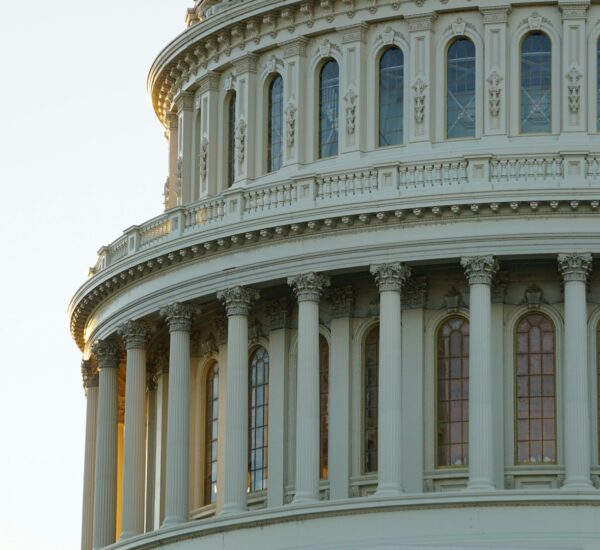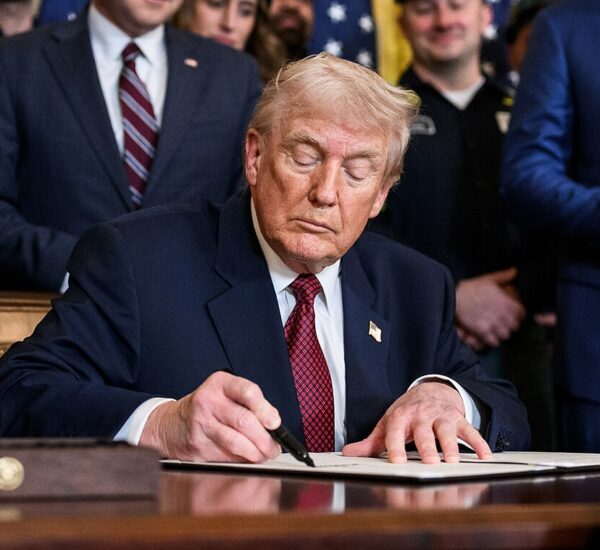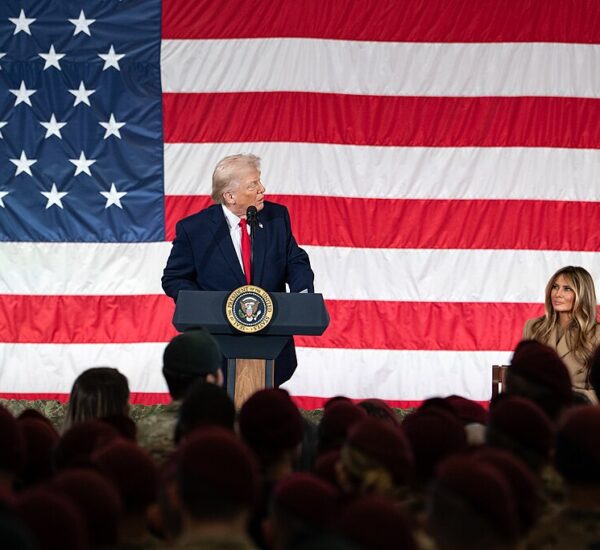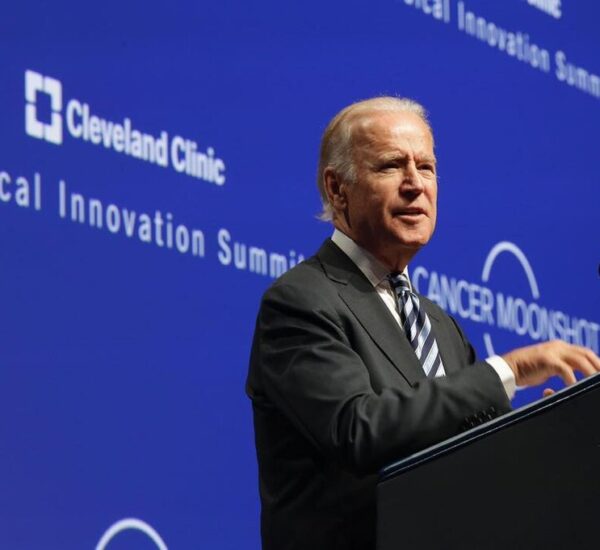Another tariff war? Trump will win this one too!
India is threatening new tariffs on U.S.-made goods in response to President Donald Trump’s aggressive America First trade strategy—particularly his tough stance on foreign steel and aluminum.
In a formal submission to the World Trade Organization (WTO), India signaled plans to raise tariffs on select imports from the United States. While the exact products remain unspecified, the move is clearly a response to the Trump administration’s 25% tariffs on foreign steel and aluminum—protective measures aimed at revitalizing American industry and closing the trade deficit.
Trump’s Tariff Policy: Putting America’s Workers First
President Trump’s decision to reinstate steel tariffs was a direct move to support domestic manufacturing and shield U.S. workers from unfair global competition. India, the world’s second-largest steel producer, has found itself in Washington’s crosshairs as the Trump administration cracks down on what it sees as lopsided trade relationships.
India estimates that approximately $7.6 billion worth of its exports to the U.S. may be impacted. In response, the Trump administration has floated reciprocal tariffs of up to 26% on Indian imports unless meaningful concessions are made.
India: One of the World’s Top Tariff Offenders
President Trump has consistently criticized India for its sky-high tariffs on American products, calling the country a “tariff abuser.” During trade negotiations, India has reportedly offered to reduce its tariff gap with the U.S. by as much as two-thirds—an apparent admission that reform is long overdue.
At the same time, India is imposing its own tariffs elsewhere, recently slapping a 12% temporary duty on cheap steel imports, primarily from China. The goal: to shield its domestic steel sector from foreign undercutting—ironically echoing Trump’s strategy.
Global Trade Shifting Under Trump’s Bold Leadership
As the Trump administration pushes for stronger, fairer trade agreements, this showdown with India highlights the global shift toward economic nationalism. Trump’s firm stance is a clear message: America will no longer tolerate unfair trade practices that hurt our workers, factories, and long-term economic health.
For seniors, small business owners, and retirees who’ve watched America’s manufacturing base hollow out over the decades, this bold trade realignment may finally mark a turning point.






